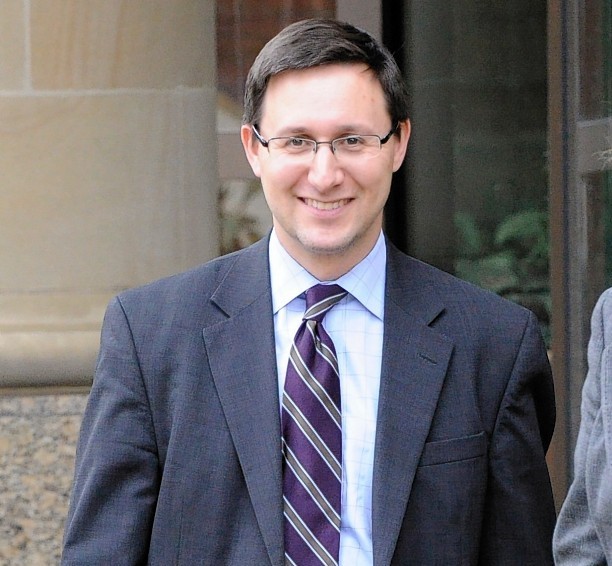A counter-terrorism expert has told a court al Quaida produced online magazines found on a hard drive when police raided a medical student’s flat.
Dr Matthew Levitt of the Washington Institute – who formerly worked for the FBI – was giving evidence at the trial of 29-year-old Yousif Badri.
The High Court in Glasgow has heard that Badri was arrested on June 6, 2013 and his flat in Aberdeen’s Ashgrove Road was searched.
A number of items were found on his hard drive, including 10 copies of an online glossy magazine called Inspire.
Dr Levitt said: “Inspire is about al Qaida’s philosophy.
“Articles include how to use a gun and how to make a bomb in your kitchen. How to make a pressure cooker bomb.”
Dr Levitt said that about a dozen issues were released and the court has heard 10 issues were found on the hard drive seized from Badri’s flat.
The expert witness was asked by advocate depute Richard Goddard, prosecuting, about the magazine’s target audience.
Dr Levitt said it was aimed at an English-speaking western audience and one of the contributors was Osama Bin Laden.
Badri faces a number of allegations including an accusation he was involved in conduct “with the intention of committing acts of terrorism”.
The offences are alleged to have been committed at two places in Aberdeen – Badri’s former flat in Ashgrove Road and in Berryden Retail Park.
Badri’s current address at Halifax in West Yorkshire, also features in the alleged offences.
Prosecutors claim that between 2007 and 2013 Badri collected or made a record of information likely to be useful to a person “committing or preparing an act of terrorism”.
This allegedly included footage of terror attacks as well as instructions on “urban assassinations” and “guerrilla tactics”.
The second charge alleges that Badri “with the intention of committing acts of terrorism” engaged in various actions between 2006 and 2013.
The charge further states that he had documents, recordings and files containing “extreme ideology”.
The final accusation claims that on April 16 last year Badri posted on Twitter the phrase “whoever feels safe from punishment, misbehaves”.
Badri denies all the charges against him.
The trial, before judge Lord Turnbull, continues.
